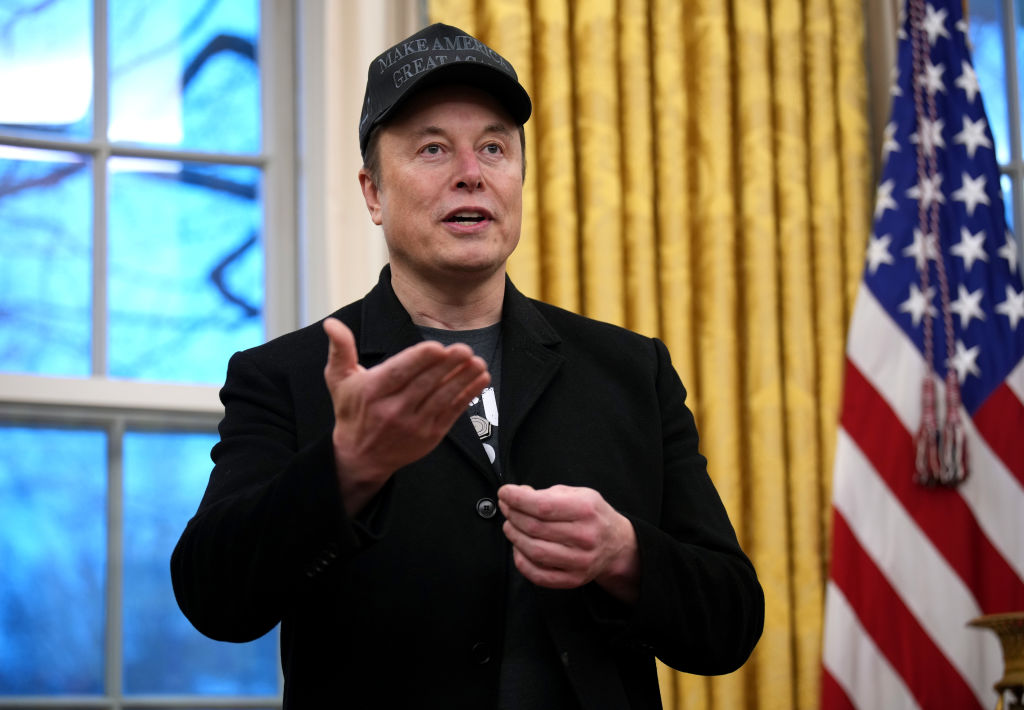Of the 2.3 million federal workers, approximately 1 million responded to their first email.
Federal workers have received the second round of what Elon Musk, head of the Government’s Office of Efficiency (DOGE), describes as a “pulse check” email, asking employees to list five things they accomplished the previous week.
“Please reply to this email with about. 5 bullets explaining what you accomplished last week and your manager CC. From now on, complete the above tasks every week by 11:59pm on Monday,” read an email sent on the evening of February 28th.
The email also states: “Please do not send links, attachments, or classification/sensitive information. If all activities are categorized or sensitive, write “All my activities are sensitive.” ”
It is unclear whether all agencies received the exact same email.
“I think the email was probably interpreted as a performance review, but it was actually a pulse check review. Are there pulses?” Musk said at a cabinet meeting on February 27th at the White House. “And if you have a pulse and two neurons, you can reply to the email.”
In a speech at the Conservative Political Action Conference near Washington on February 22, Trump pledged to enforce stricter workplace attendance, eliminate the privilege of remote work, and overhaul the federal workforce, pointing out government officials wanting to engage in external employment.
“How many jobs did you do? Who paid you while you worked for the government and everything?” Trump asked that his administration is requesting that federal employees see information about whether they are doing second jobs. The “pulse check” email has pushed the effort potentially or broader driving forces to rethink federal bureaucracy.
“We want to make government smaller and more efficient. We want to keep the best people, and we don’t intend to keep the worst people,” Trump said at the time.
Trump created Doge to streamline government operations and eliminate waste, fraud and abuse in federal spending. The agency has an 18-month order to cut federal spending by $2 trillion before its independent breakup in 2026.



